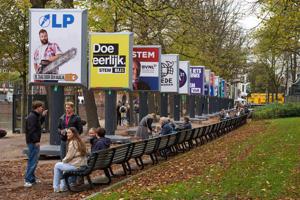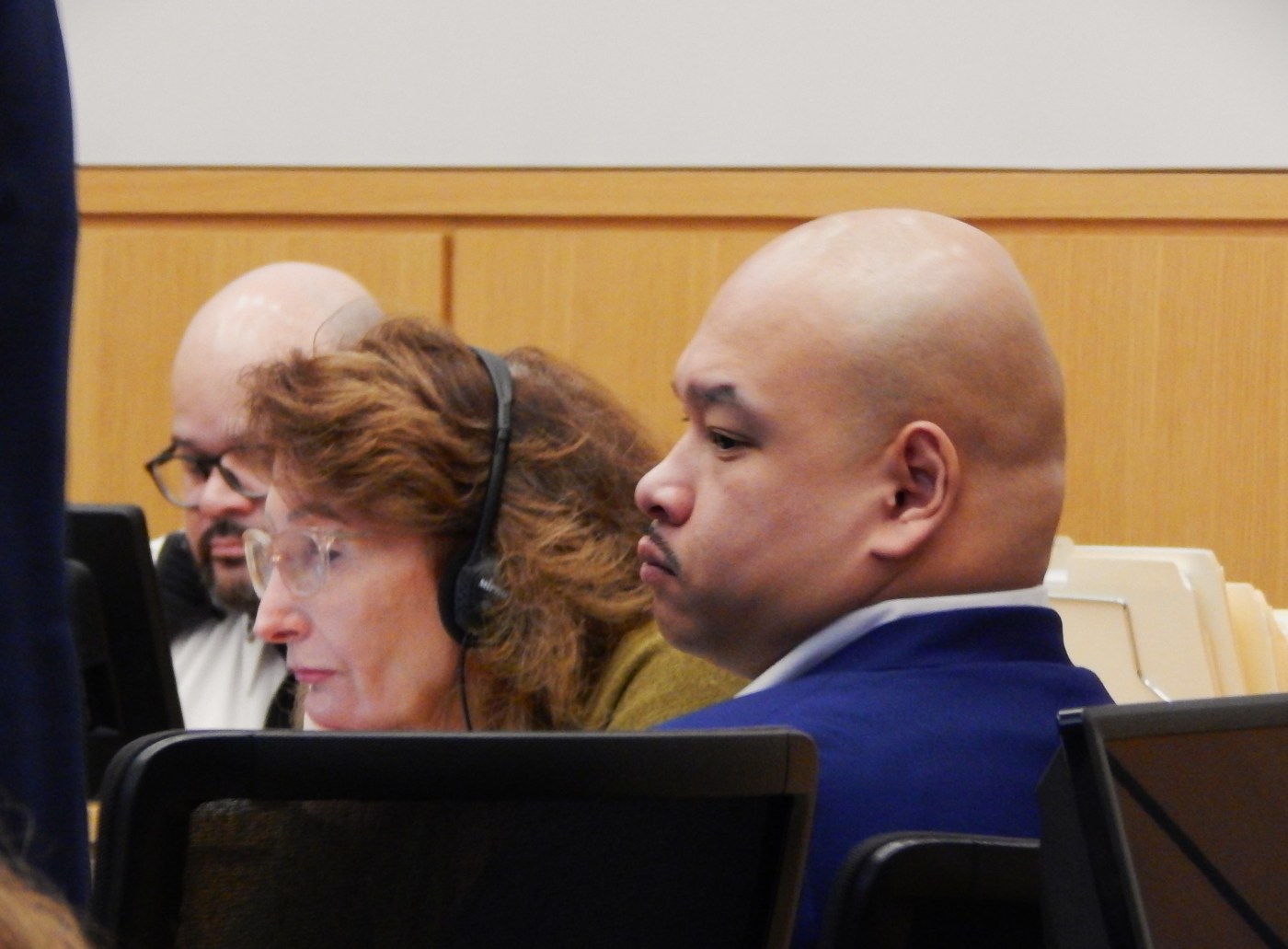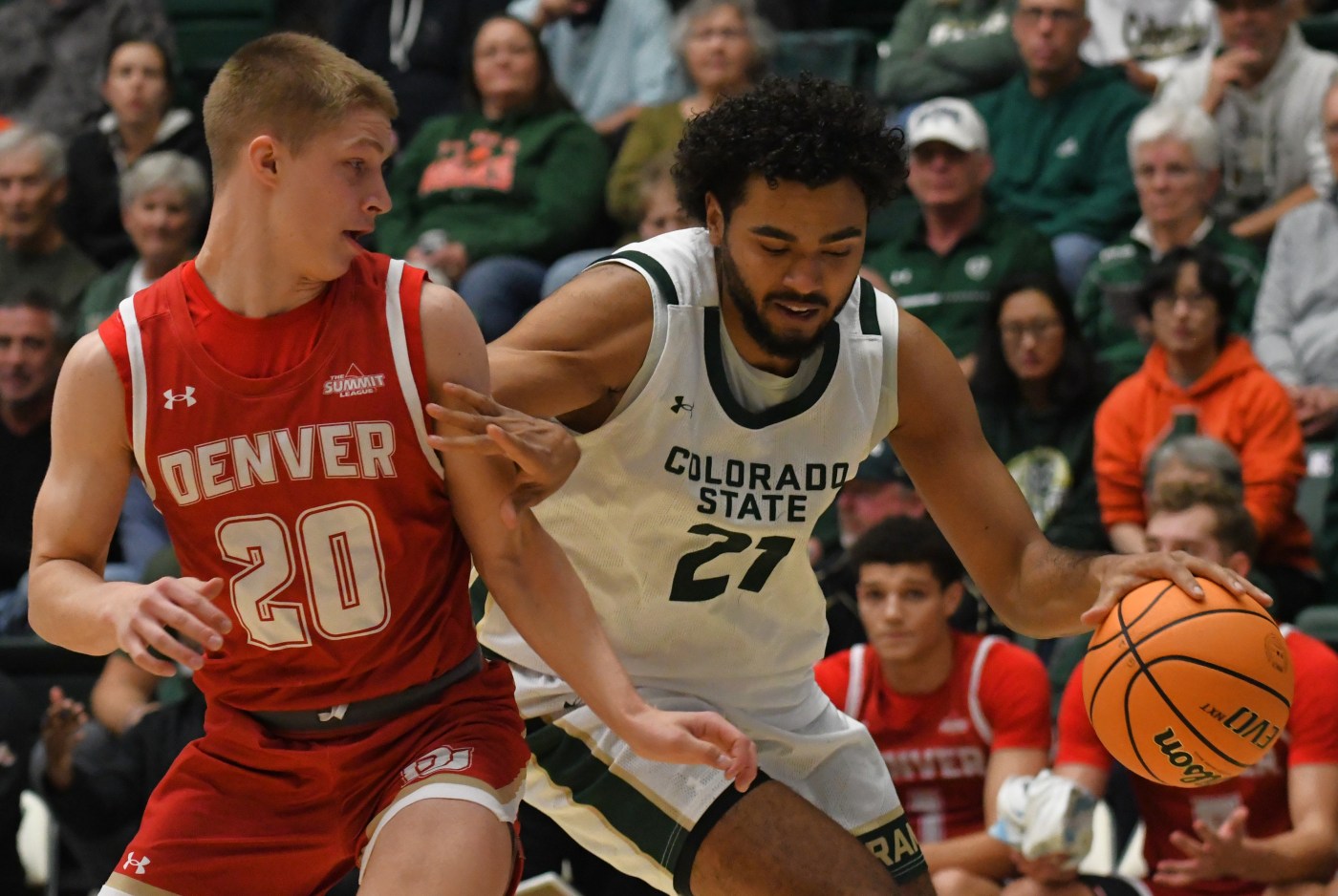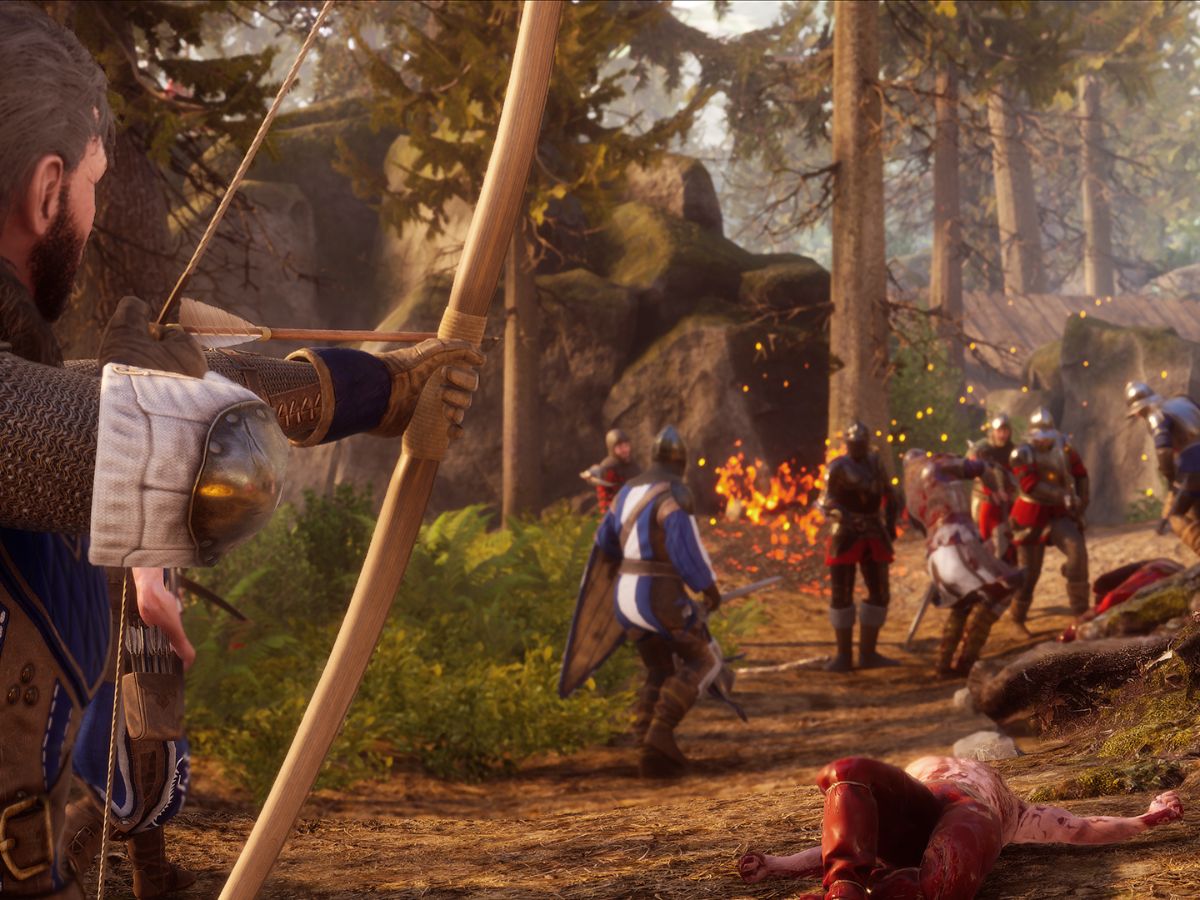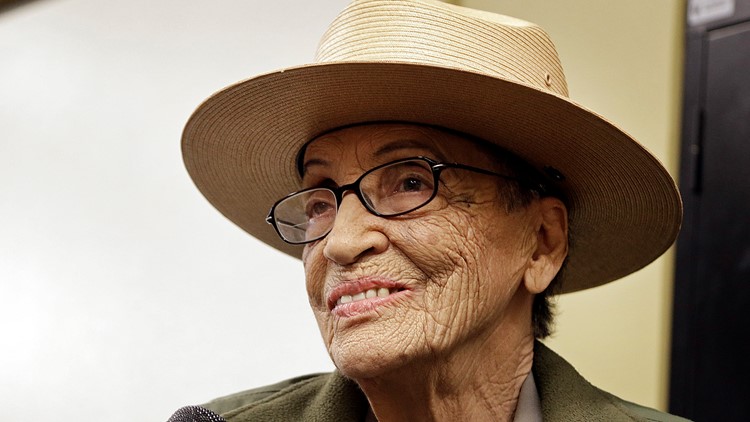UPDATE: Voters across the Netherlands are casting their ballots in a fiercely contested snap election on Wednesday, with early indications suggesting Geert Wilders and his anti-Islam Party for Freedom could emerge as the largest party in the 150-seat House of Representatives. The election was called after Wilders dismantled the previous four-party coalition over disputes regarding immigration policies, making this vote pivotal in shaping the nation’s future.
The election centers on critical issues of housing and migration, resonating deeply within a country grappling with chronic shortages of affordable housing and rising tensions around immigration. As voters head to the polls, many express concerns over the implications of a potential Wilders victory. “It’s a close call,” Wilders stated after voting in The Hague, “I’m confident.”
Polling stations, ranging from historic windmills to the iconic Anne Frank House museum, have witnessed high turnout amid a backdrop of political polarization. Recent unrest, including violence at an anti-immigration rally, underscores the stakes involved in this election. With over 18 million eligible voters, the atmosphere is charged with anticipation.
Frans Timmermans, leader of the left-leaning coalition, emphasized the urgency of the moment, stating, “It’s going to be so close, so let’s hope we come out as first, because that is the only guarantee to avoid a right-wing government.” His bloc aims to counteract Wilders’ influence, reflecting a deep divide in Dutch politics that has escalated over the past two years.
Polls closing at 9 p.m. will reveal initial exit poll results, but the outcome remains uncertain. While polls indicate Wilders’ party may lead, other moderate parties are narrowing the gap, suggesting a dynamic election landscape. Many voters, like a group of students in Delft clad in bathrobes, are taking part in what they describe as a “house tradition” of voting together, underlining the election’s community significance.
As the nation awaits results, negotiations for a governing coalition are anticipated to begin Thursday. Rob Jetten, leader of the center-left D66 party, highlighted the necessity of tackling immigration issues while accommodating those fleeing violence: “Voters can choose again tomorrow to listen to your grumpy hatred for another 20 years or choose, with positive energy, to simply get to work and solve this problem.”
This election is not only a referendum on Wilders’ populism but a decisive moment for the future direction of Dutch politics. The potential for a shift in governance raises urgent questions about the coalition dynamics and the viability of more progressive options in a landscape increasingly defined by right-wing populism.
Stay tuned for live updates as the results unfold and the implications for the future of the Netherlands become clear.

